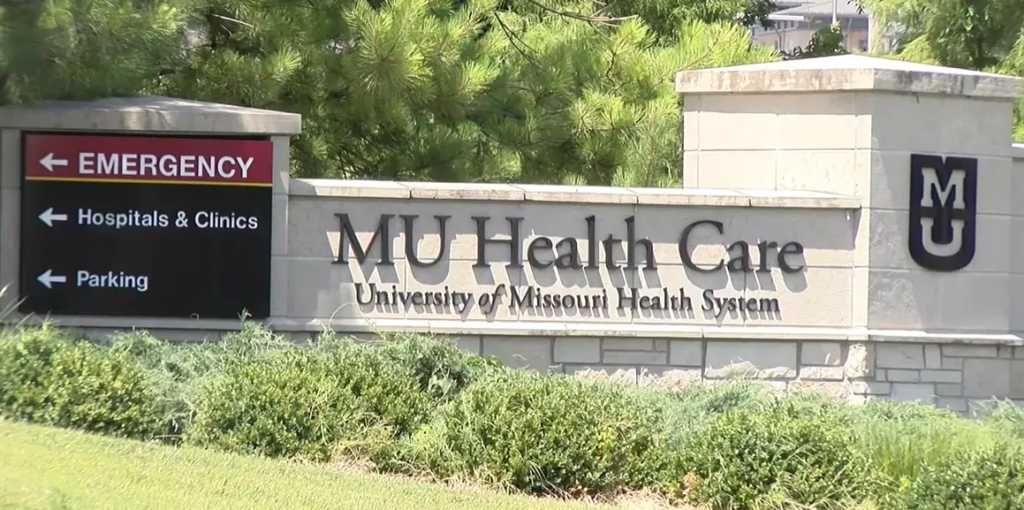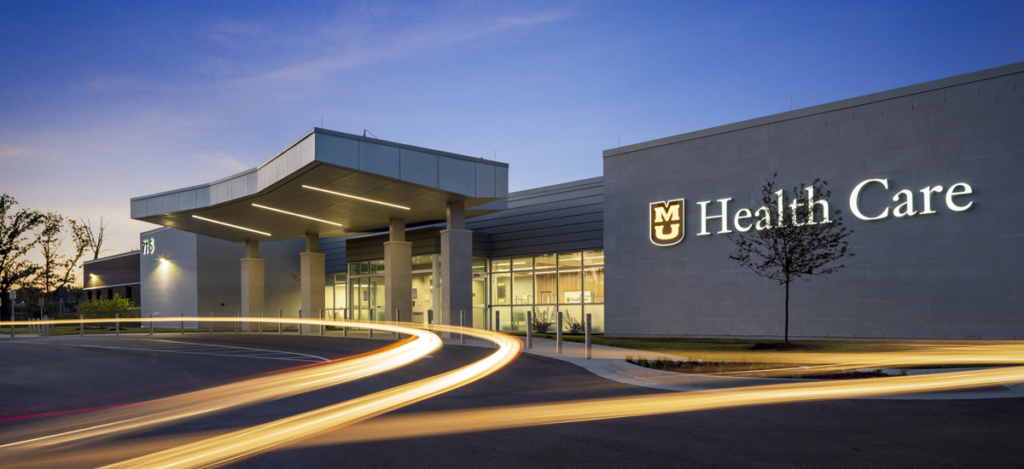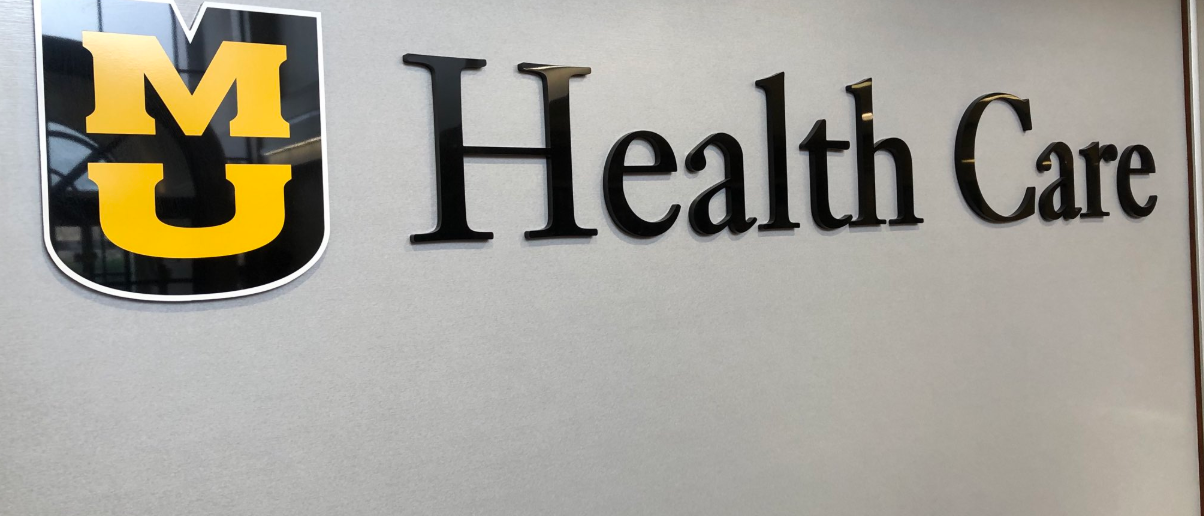In recent years, data breaches have become a pressing concern for both organizations and individuals. One such incident involved Missouri University (MU) Health Care, which suffered a data breach in May 2020. This breach exposed the personal information of approximately 3,000 patients. As a result, MU Health Care has agreed to an $8 million settlement to address allegations of insufficient cybersecurity measures. Here’s what you need to know about the breach, the settlement, and how affected individuals can claim compensation.
Understanding the MU Health Care Data Breach and Its Impact
In May 2020, MU Health Care experienced a data breach that compromised sensitive patient information. The breach allegedly occurred due to inadequate security protocols, leading to unauthorized access to personal data. The exposed information included names, addresses, Social Security numbers, and medical records, putting affected individuals at risk of identity theft and other fraudulent activities.
The MU Health Care data breach highlights the growing importance of robust cybersecurity measures in protecting sensitive information. For affected individuals, the settlement provides a path to recover some of the financial and emotional costs caused by the breach. For organizations, this case serves as a reminder of the legal and reputational consequences of inadequate data protection.
The $8 Million MU Health Care Data Breach Settlement Explained
MU Health Care’s $8 million settlement aims to resolve claims that the organization failed to protect patient data adequately. The settlement fund will provide compensation to individuals whose information was compromised. Here are the key details:
- Total Settlement Amount: $8 million allocated to cover compensation for affected individuals, legal fees, and administrative costs.
- Compensation Categories:
- Reimbursement for Out-of-Pocket Expenses: Includes costs related to identity theft protection, credit monitoring, and other expenses incurred due to the breach.
- Lost Time Compensation: Up to three hours of lost time at $25 per hour for individuals who spent time addressing issues caused by the breach.
- Fixed Cash Payment: A $60 payment for individuals who cannot document specific out-of-pocket expenses.
- Proportional Adjustments: If total claims exceed the settlement fund, individual payments may be reduced proportionally.

Eligibility Criteria for the MU Health Data Breach Settlement
Individuals notified by MU Health Care about the exposure of their personal information during the breach are eligible to file a claim. Eligibility typically includes:
- Having received a notification letter from MU Health Care about the breach.
- Experiencing any issues or incurring expenses related to the breach.
If you’re unsure about your eligibility, you can contact the claims administrator for clarification.
How to File a Claim for the MU Health Care Data Breach Compensation
To participate in the settlement and receive compensation, eligible individuals must follow these steps:
- Submit a Claim Form: Complete and submit the claim form on their official website by the January 14, 2025, deadline. Forms can be filed online or downloaded from the official settlement website.
- Provide Documentation: Include supporting documents, such as receipts or bank statements, to substantiate claimed expenses.
- Meet Deadlines: Ensure your claim is filed on time to avoid disqualification.
Visit Usesparrow to explore how we can help you protect your personal information and navigate the complexities of data breach settlements. For assistance, you can contact the claims administrator:
- Bumbales v. Curators of UM Settlement
- c/o Epiq
- PO Box 3710, Portland, OR 97208-3710
- Email: [email protected]
- Phone: 888-625-4386
Deadlines for the MU Health Data Breach Settlement
- Claim Filing Deadline: January 14, 2025
- Exclusion/Objection Deadline: January 14, 2025
- Final Approval Hearing: February 3, 2025

Steps Taken by Missouri University Health Care Post-Cybersecurity Incident
As data breaches become more frequent, organizations must prioritize cybersecurity to safeguard sensitive information. This includes:
- Implementing advanced security protocols.
- Conducting regular audits to identify vulnerabilities.
- Providing training for employees on data protection best practices.
For individuals, it’s crucial to remain vigilant about personal data security. Steps like monitoring credit reports, using strong passwords, and being cautious about sharing sensitive information online can help mitigate risks.
Conclusion
The $8 million settlement for the MU Health Care data breach offers affected individuals a chance to recover some of their losses. If you were impacted, don’t miss the opportunity to file your claim by January 14, 2025. This case underscores the critical need for organizations to prioritize cybersecurity and for individuals to stay informed about their rights and protections.
For more information and to access the claim form, visit the official settlement website. Protecting your data is not just a personal responsibility but a collective effort to ensure a safer digital landscape.
Related articles:


